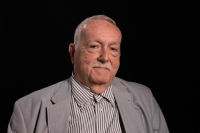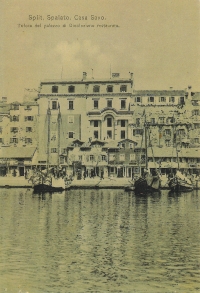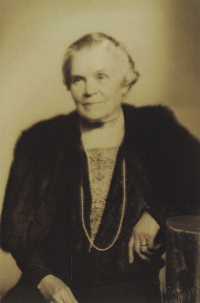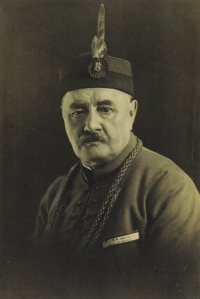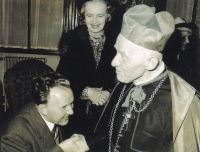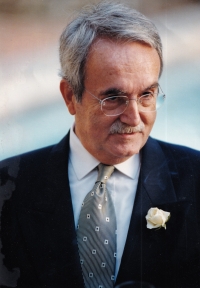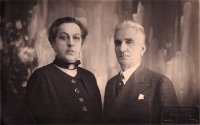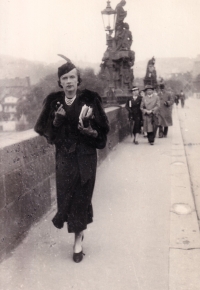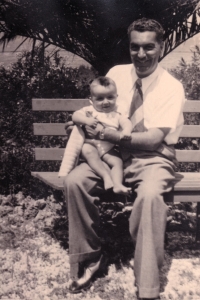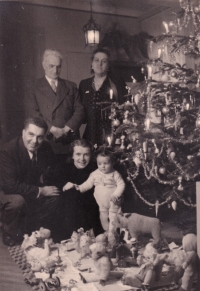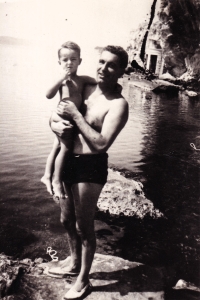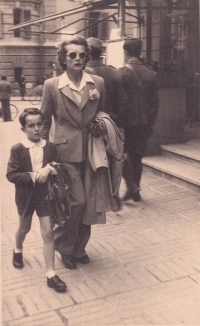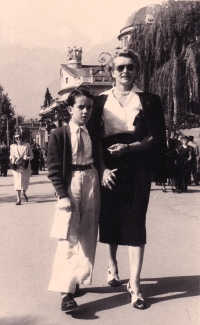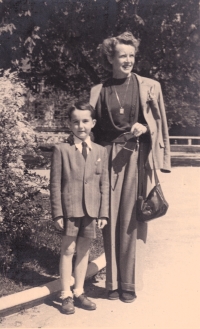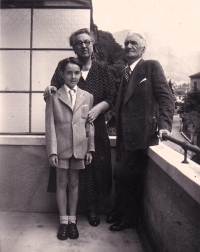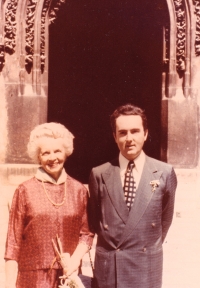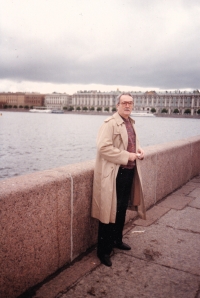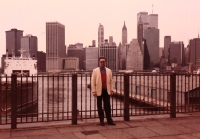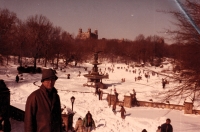I love your culture, your history, your music. I feel like I belong

Download image
Giorgio Savo was born in Split on 26 January 1940, to parents Milena and Giovanni Savo. On 11 February 1943, his father was assassinated in Split as the deputy of the highest fascist official. He succumbed to the consequences of the assassination, which was carried out by a young communist partisan, 35 days later. Shortly afterwards, the family was forced to flee from Split to Merano in northern Italy. At the end of the war, the five-year-old Giorgio Savo and his grandfather were sentenced to death by the communist leaders in Split, in his absence. In the mid-1950s, the family moved permanently to Rome. The mother found a job in the Foreign Ministry and Giorgio Savo took up a career in the banking sector. He has strong memories of meeting Cardinal Beran. From the 1960s onwards, he visited his family and friends in Prague, which charmed him with. In the seventies he was asked to transport liturgical books from the Roman College Nepomucenum to the Prague Archbishopric. In the 1980s he worked at the New York branch of the Banco di Santo Spirito. The witness still lives in Rome. (2024).
